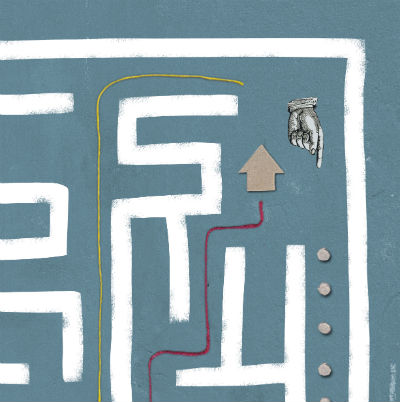Submitted by crinadmin on
This report is part of CRIN's access to justice for children project, looking at the status of the Convention on the Rights of the Child (CRC) in national law, the status of children involved in legal proceedings, the legal means to challenge violations of children’s rights and the practical considerations involved in challenging violations.
The Convention on the Rights of the Child (CRC) has not been incorporated into national law and is therefore not directly enforceable in national courts. Children may bring cases in their own name with the assistance of a “next friend”. Children accused of committing offences and child victims of crime have the right to free legal assistance at the expense of the government, though there is no governmental fund dedicated to this. Non-governmental organisations and individual advocates are permitted to initiate public interest litigation in their own names to challenge violations of children’s rights. In criminal cases, children may be permitted to give evidence in closed proceedings, whereas in civil proceedings evidence must be given in open court. Pakistan’s legal system is based on the rule of precedent, meaning that a negative decision for children’s rights from the Supreme Court can have detrimental effects across the country for many years.

